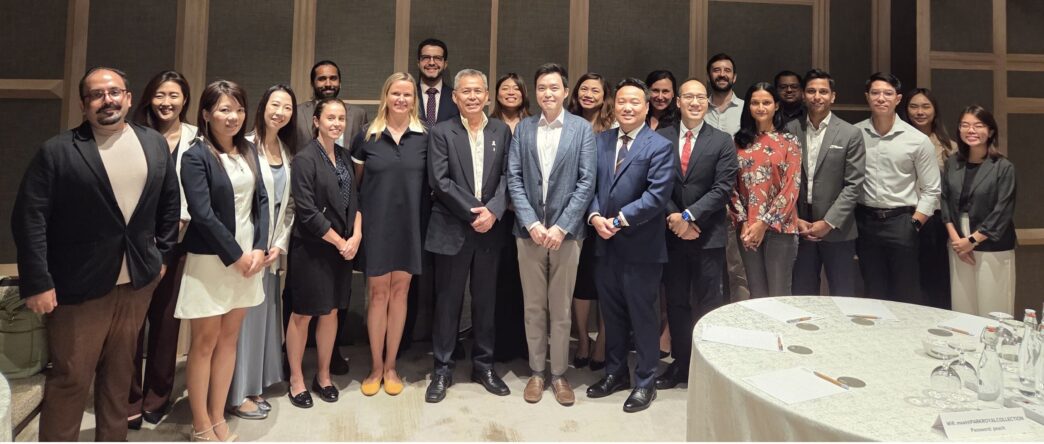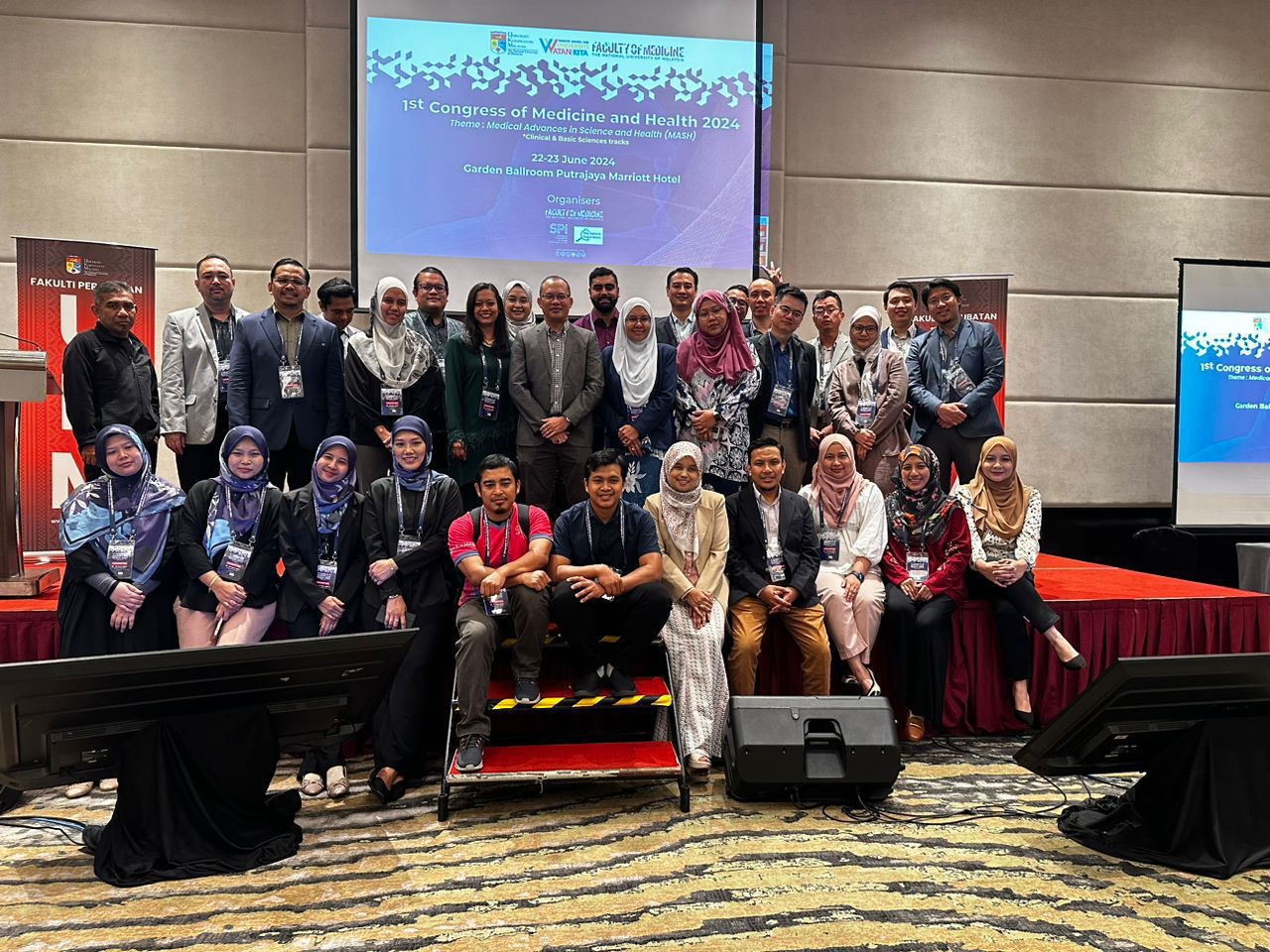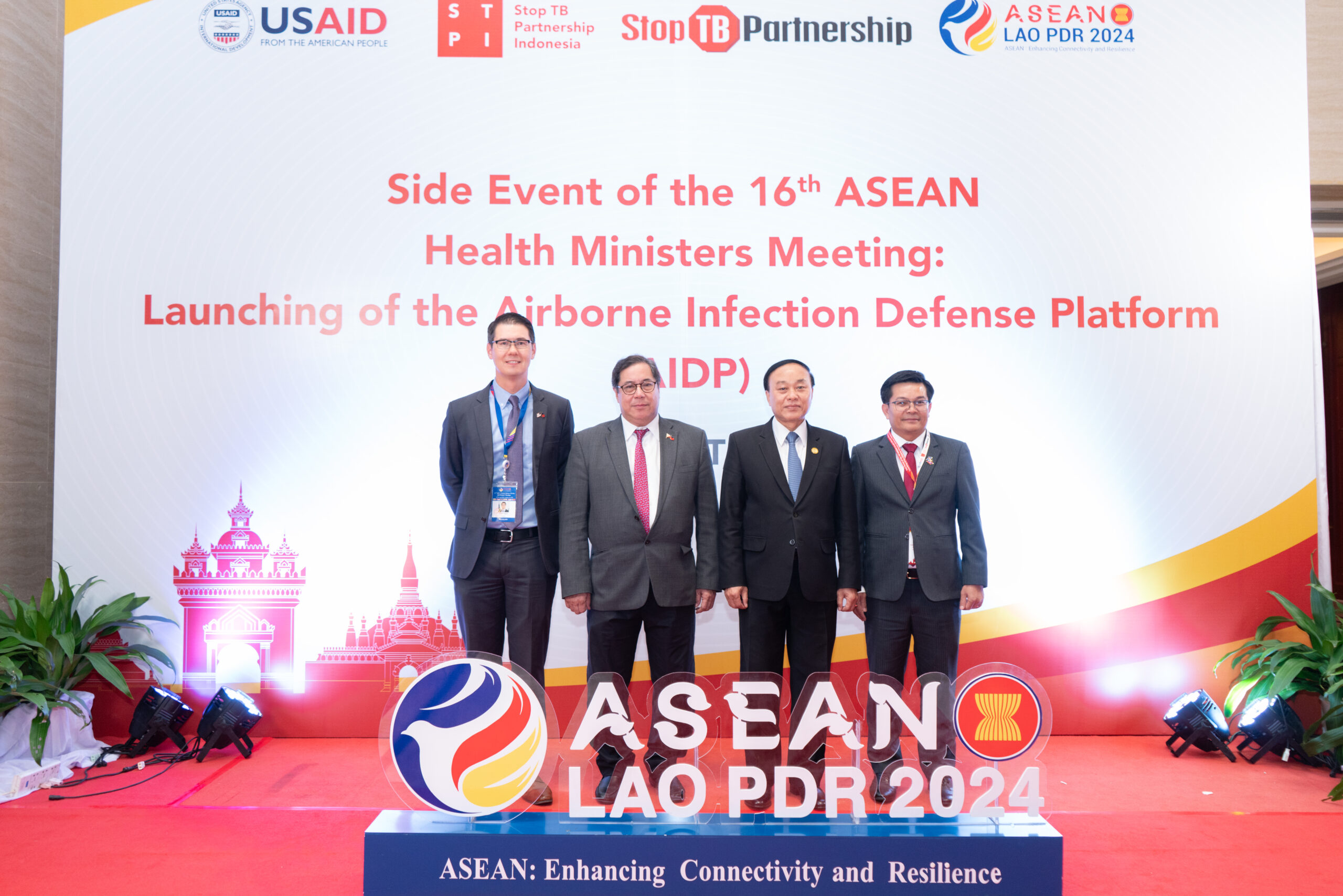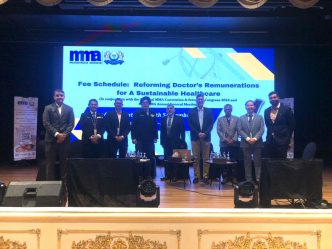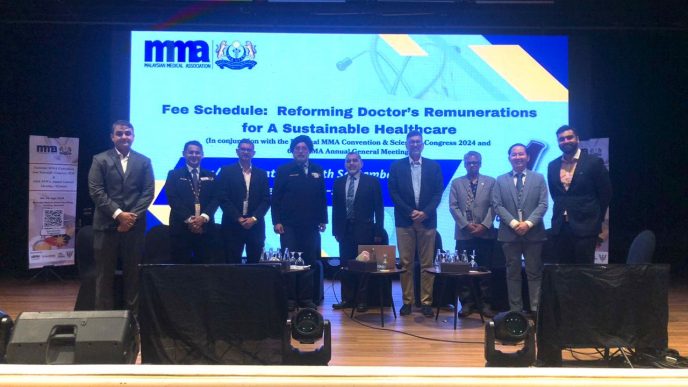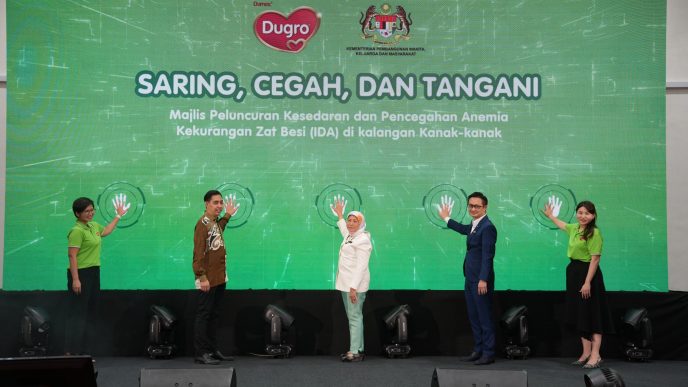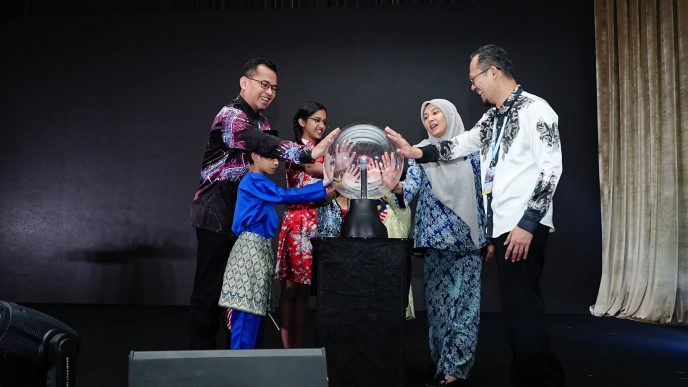In a major step toward improving lung cancer outcomes in the Asia-Pacific (APAC), over 40 experts and organizations have launched the region’s first unified policy consensus. The initiative outlines practical strategies tailored to diverse health systems across APAC.
WORDS LIM TECK CHOON
On July 31, 2025, a landmark regional consensus, the APAC Lung Cancer Policy Consensus, aimed at improving lung cancer care across the Asia-Pacific (APAC) was formally launched in Singapore.
The consensus was launched by ASPIRE (Asia Pacific Policy Review and Engagement) for Lung Cancer.
- This consensus is developed with input from more than 43 stakeholders across 14 health systems.
- This initiative represents the first comprehensive, evidence-based framework tailored specifically to the region’s unique healthcare needs and challenges.
- Timed to coincide with the eve of World Lung Cancer Day, the APAC Lung Cancer Policy Consensus brings together clinicians, researchers, patient advocates, and policy experts to establish shared priorities and concrete strategies to enhance lung cancer outcomes across the region.
- The document outlines a unified approach to prevention, diagnosis, treatment, investment, and stigma reduction — issues that have long been fragmented across APAC countries.
LAUNCH HIGHLIGHTS
Esteemed Key Speakers
Several key voices played a prominent role at the launch event:
- Dr Mary Bussell (TriMar Strategies) offered an overview of the global lung cancer consensus and its relevance to APAC’s specific needs.
- Yannick Romero (Union for International Cancer Control – UICC) highlighted the alignment between the APAC document and global lung health policies.
- Helena Wilcox (The Lung Cancer Policy Network – LCPN) spoke on how this regional framework can accelerate progress and foster collaboration.
- Francis Goh (Lung Cancer Education and Advocacy for Patients – LEAP, Singapore) emphasised the importance of integrating patient voices in policymaking.
- Associate Professor Herbert Loong (Asia Pacific Coalition against Lung Cancer – APCLC) and Assistant Professor Yeon Wook Kim (SNU Bundang Hospital) presented the development process behind the consensus and introduced its five foundational pillars.
Addressing a Critical Need
Lung cancer is the leading cause of cancer-related death in the Asia-Pacific (APAC), accounting for nearly 60% of global cases.
- The region faces rising incidence, with projections estimating more than 1.8 million new cases annually by 2040.
- Despite this growing burden, five-year survival rates in APAC remain below 20% in many areas—well behind global averages.
- The lack of consistent, regionally adapted strategies has long hindered progress.
The APAC Lung Cancer Policy Consensus responds to this gap.
- Its development involved two expert working sessions, a dedicated patient workshop, and a final voting session to ratify recommendations.
- The result is a regionally grounded action plan built around five global principles aimed at fostering long-term, equitable improvements in lung cancer care.
THE 5 GLOBAL PILLARS OF THE CONSENSUS
Improve and Expand Prevention
Enhance tobacco control, raise public awareness, and support research into environmental and genetic risk factors.
Focus on Early Detection
Increase access to screening and diagnostics through inclusive guidelines and innovative tools.
Ensure Equitable and Sustainable Access to Treatment
Advocate for affordable, timely, and personalized therapies across diverse healthcare environments.
Build Partnerships and Promote Investment
Encourage collaboration among stakeholders to drive policy reform and investment in care systems.
Combat Stigma and Recognize Lung Cancer as a Public Health Issue
Reduce stigma through education, empowering communities to support early diagnosis and treatment adherence.
A REGIONAL STRATEGY FOR A REGIONAL CHALLENGE
Diverse Challenges
- In Western nations, lung cancer is most commonly linked to smoking, In many APAC countries, however, they must also contend with cases among never-smokers, often caused by environmental exposures or genetic predispositions.
- The region’s health systems vary widely in resources and capabilities, from highly advanced centres to facilities still developing basic cancer care.
Tailored Solutions to Overcome These Challenges
Recognizing this diversity, the consensus does not prescribe a one-size-fits-all solution.
Instead, it provides adaptable guidance that can be implemented across different national contexts.
Whether through policy reform, awareness campaigns, or investment in early detection, the consensus offers a flexible yet unified approach.
Judy Li, Consortium Manager at ASPIRE for Lung Cancer, stated, “We call on policymakers, healthcare leaders, and stakeholders across the APAC region to urgently prioritise and implement policies that improve lung cancer outcomes. While the specific solutions will vary across health systems, this consensus provides a shared foundation to guide national efforts. By acting now and adapting these recommendations to local contexts, we can foster a future where healthcare systems of all sizes work together to overcome regional challenges.”
NEXT STEPS
The consensus marks only the beginning.
In the months ahead, ASPIRE for Lung Cancer and its partners will continue to engage with governments, healthcare professionals, and advocacy groups to ensure the consensus principles are translated into meaningful action and measurable change.
With coordinated regional effort, the Asia-Pacific region is poised to make real progress in reducing lung cancer mortality and improving the lives of patients across its diverse communities.
|
| This article is part of our series on milestone events in the health landscape. |


